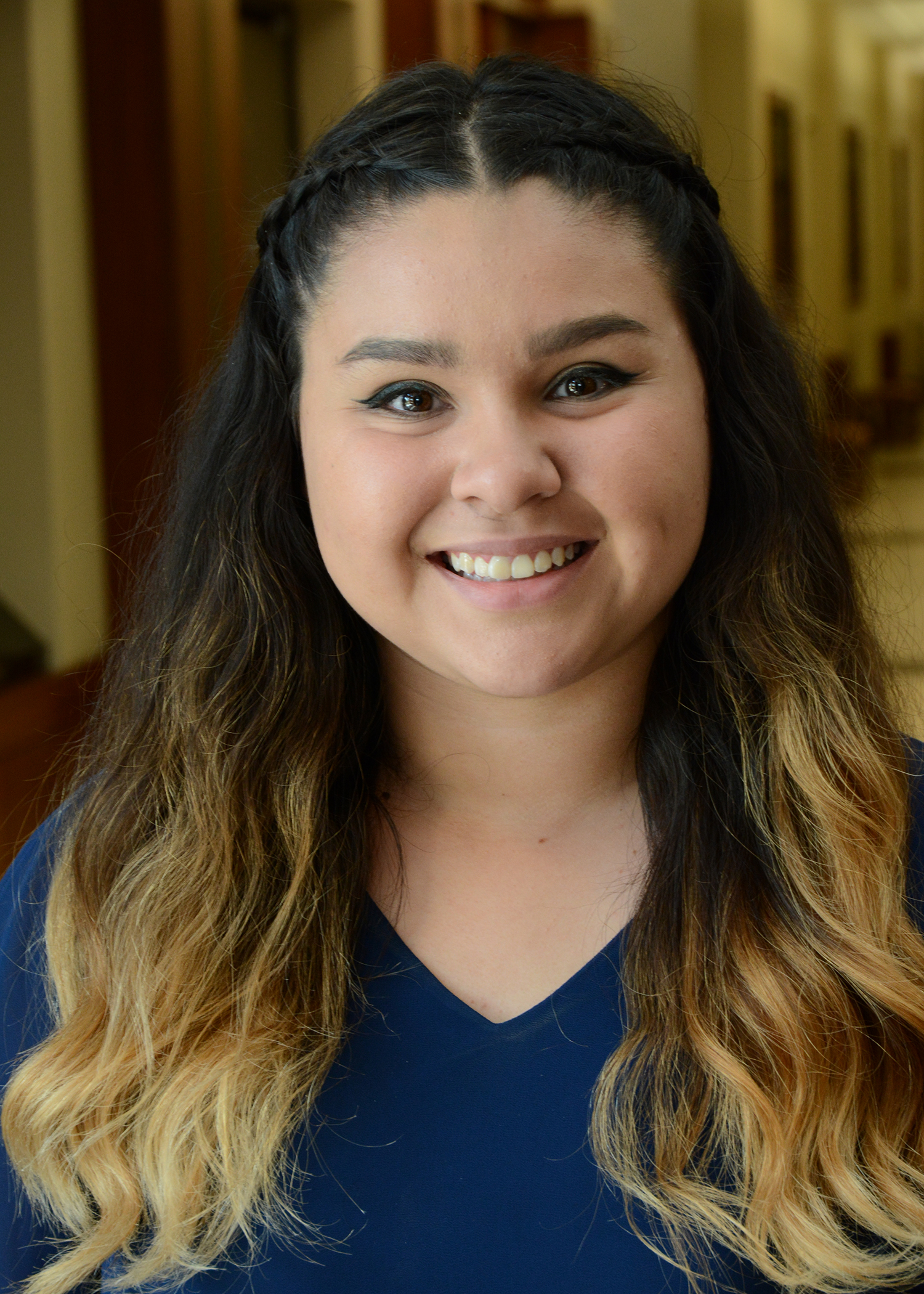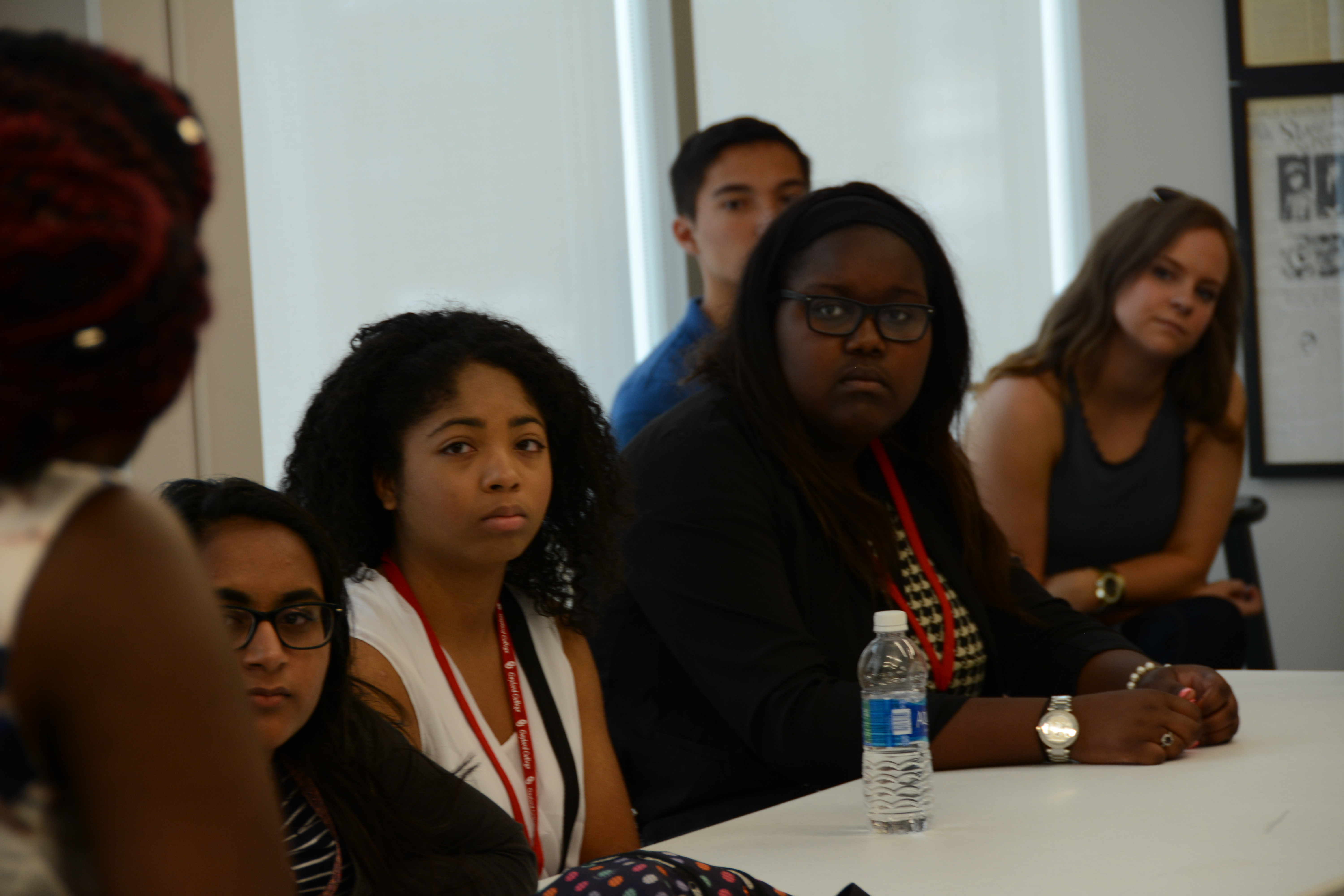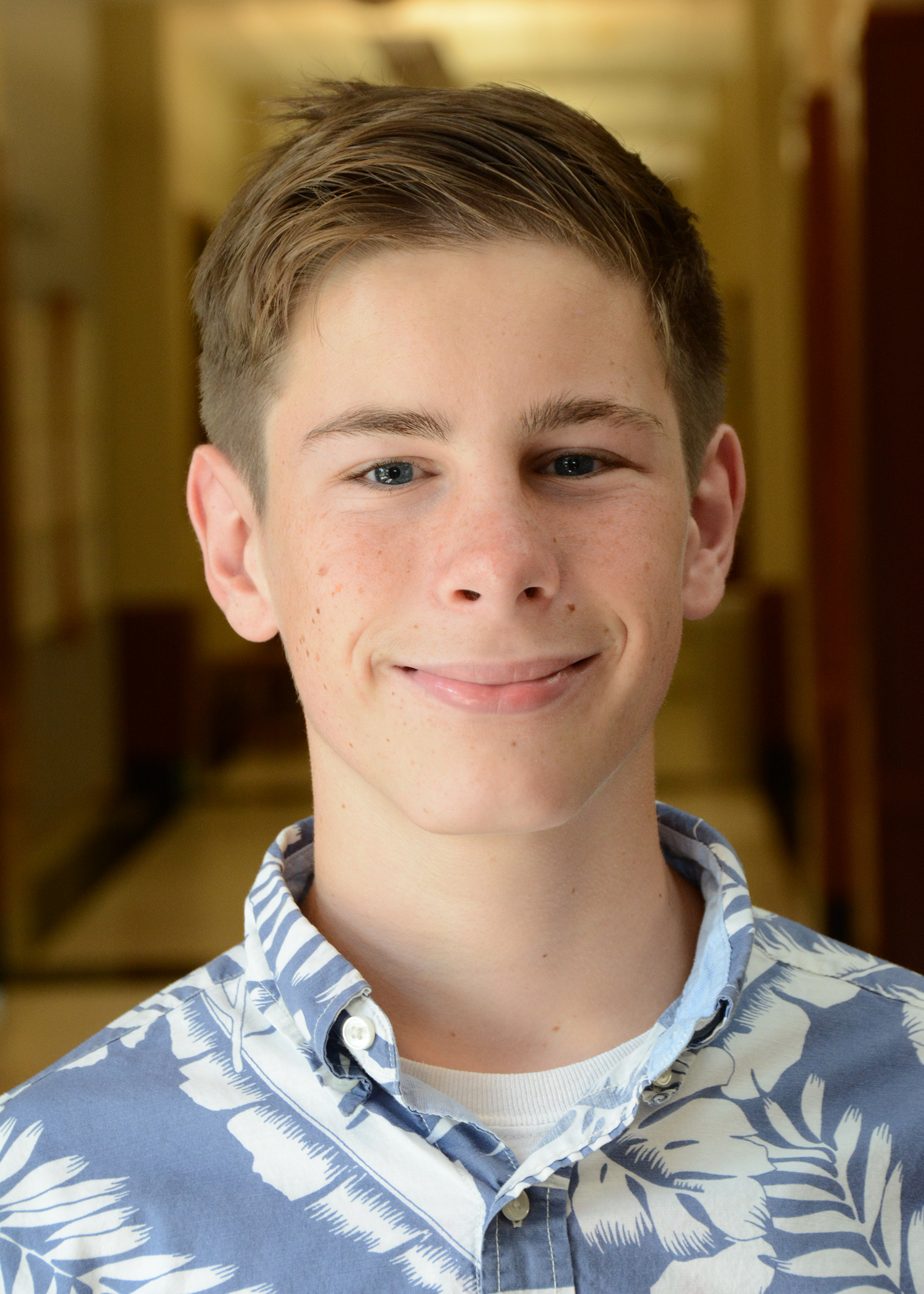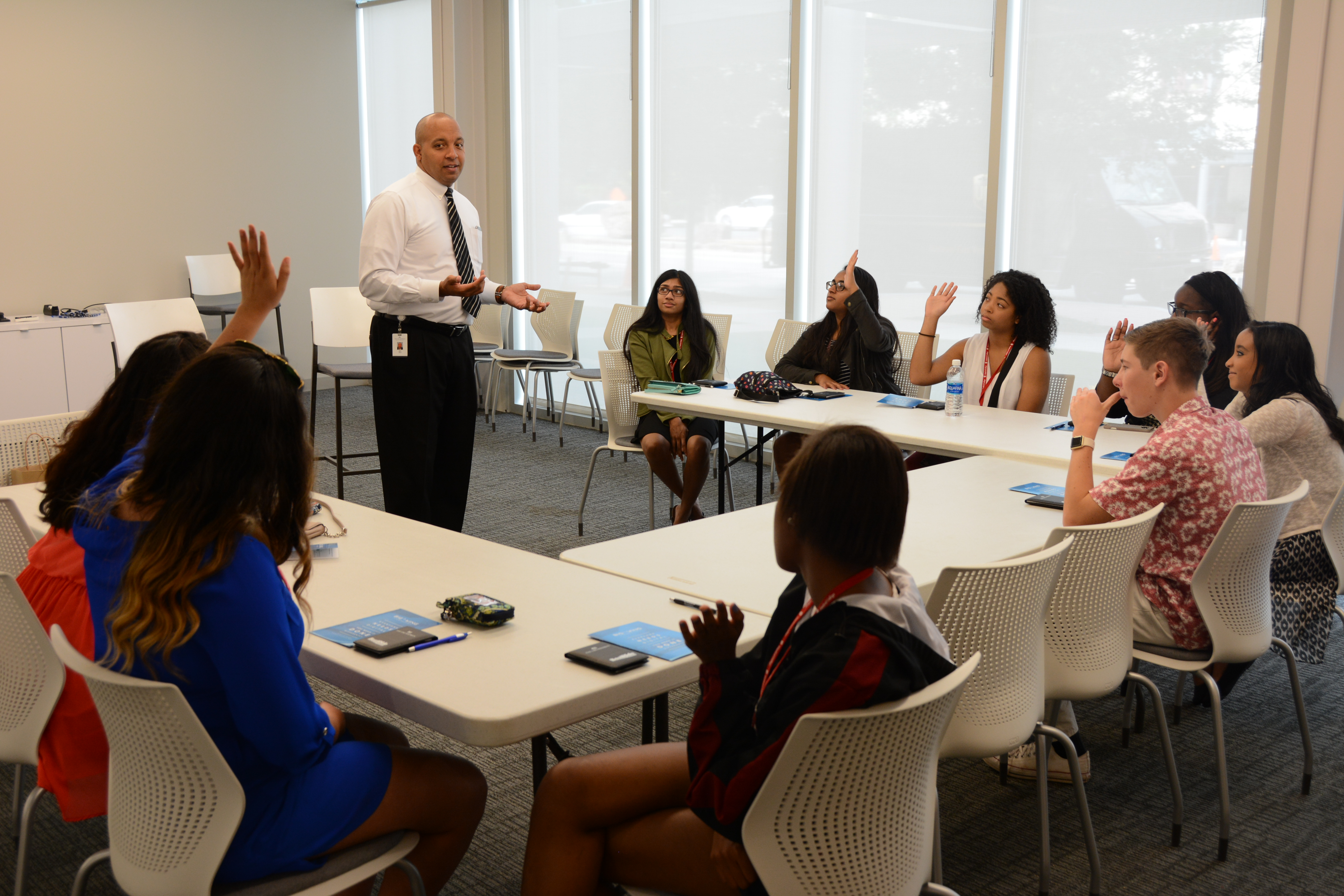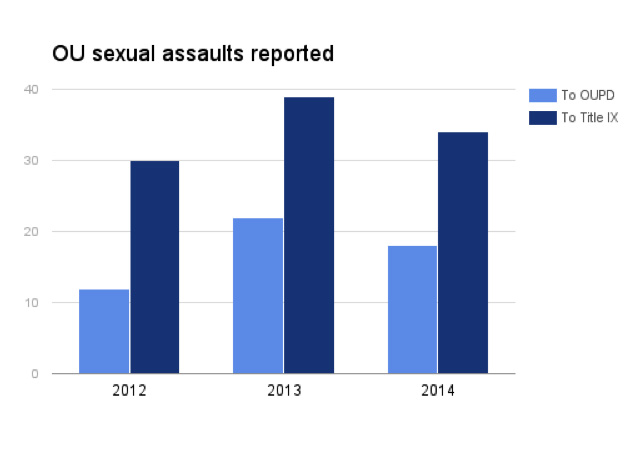She stood upon the carpeted floor of the church’s stage where the graduation of Santa Fe South High School in Oklahoma City was held and peered down upon the hundreds of faces that looked up at her expectantly. Straightening out the notes that lay on the podium in front of her, she took a deep breath and began her salutatorian speech.
“Good afternoon my name is Diana Lara,” the words boomed from her microphone filling the silence of the room, “Buenas tardes, me llamo Diana Lara.” As soon as these words escaped her mouth, surprise and excitement erupted from the crowd as people broke into applause upon hearing her pay homage to her heritage.
Lara has demonstrated her dedication to her Mexican roots in many ways throughout her life. Her salutatorian speech consisted of an English and Spanish translation expressing gratitude to her school, teachers, parents and even the other graduates’ parents for sacrificing so much to be able to send their kids to a school in America.
She took time to answer questions pertaining to her heritage.
Q: Why did you decide to create your salutatorian speech in this way, integrating both Spanish and English?
A: A lot of the parents in my school couldn’t speak English, about 97% of people in my school were Hispanic. The speech was primarily about thanking the parents because I knew the majority of them, and they crossed the border to America for their kids. I knew a lot of their children growing up, most of us have grown together. So as I got older I became more familiarized with [their parents].
Q: So you’ve mentioned that you are of Mexican heritage, were you born there?
A: I was born in Oklahoma City, my parents are from Chihuahua, Mexico, they came to the U.S. in early 1996 and in 1997 I was born. They wanted the American dream because they knew they wanted a family and also because the government of Mexico is really corrupt.
Q: Do you have other siblings, if so how have they influenced or impacted you?
A: In my high school’s graduation, each person has a yellow rose to give to someone who motivated you to finish high school strong. I gave my brother the rose because I wanted to show him that everything I can do he can do too. He’s my only sibling, so we have a really strong relationship.
Q: Were there any defining moments in your life that connected you deeper to your Hispanic roots?
A: I’ve always been proud of my roots, It’s a part of me every single day. But it wasn’t until recently that I started appreciating more of my culture. Seeing the viral valedictorian speech about the girl who revealed she was undocumented made me really happy because it proves a point that not all Mexicans are rapists, thieves, and everything else Donald Trump claims we are. Hearing Trump speak, it’s very heartbreaking to think that somebody could be that ignorant about a race.
“Hearing Trump speak, it’s very heartbreaking to think that somebody could be that ignorant about a race.”
Q: Are there any other ways you’ve demonstrated your dedication to your Hispanic heritage beyond the school walls?
A: My sophomore year I attended Latinos Without Borders. My volleyball friends introduced me to it and I received more information and the application from the director of diversity enrichment at OU. They said don’t stick to what’s expected of you, don’t be a housewife, which is what most women in our culture do. They encourage you to go beyond what you’re expected and pursue what you want to do. They taught us to love ourselves.

